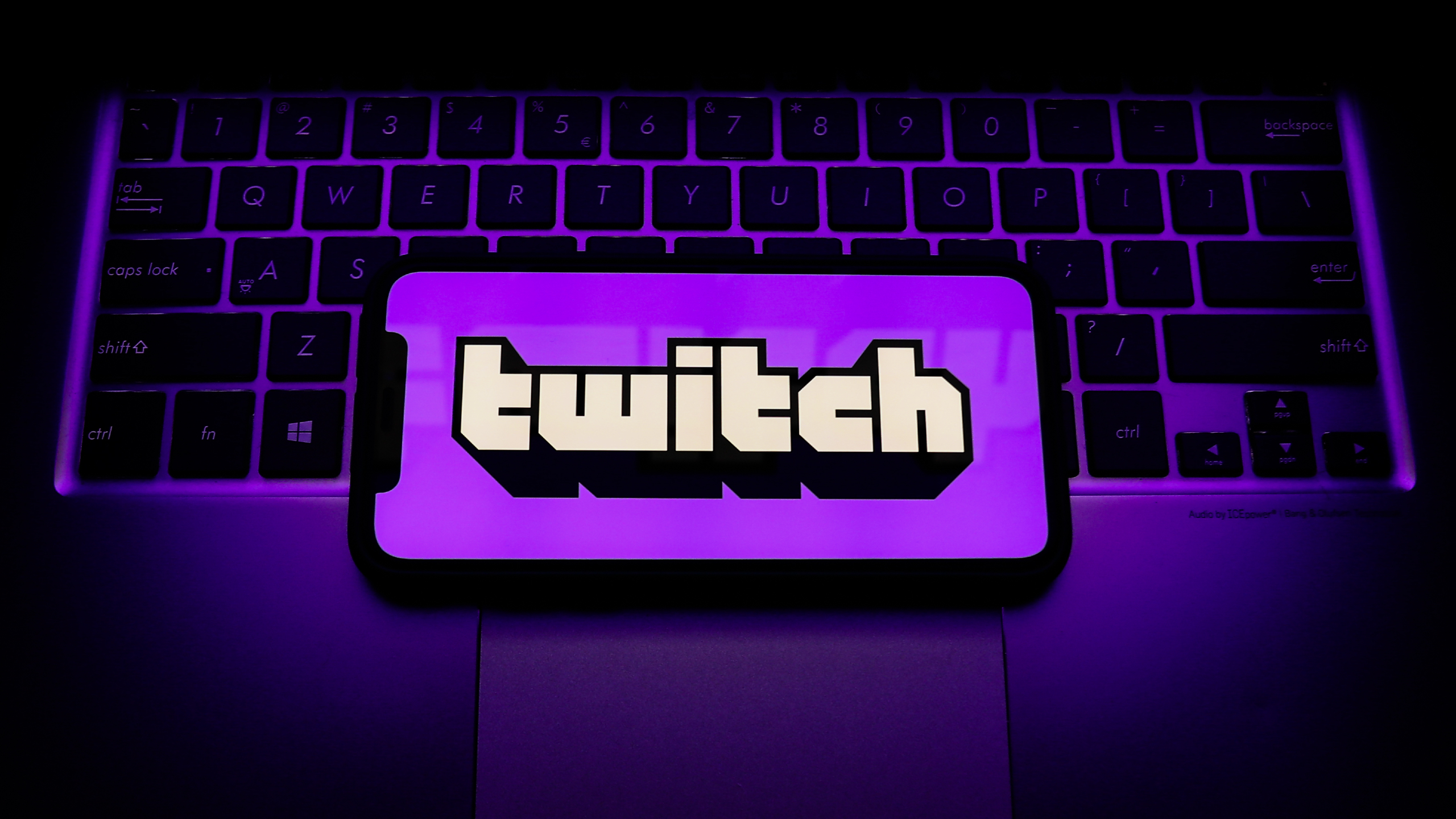Twitch has updated its community guidelines to reflect a new policy aimed at curtailing “harmful misinformation actors.”
Twitch’s statement on the matter makes clear that the company will be approaching the issue with a relatively light touch, claiming that “this update will likely not impact you or the streamers you love on Twitch.” It continues: “Our goal is to prohibit individuals whose online presence is dedicated to spreading harmful, false information from using Twitch.”
QAnon influencers Tore and Zak Paine (the host of QAnon show RedPill78) have been banned from Twitch following the platform’s new misinformation policy, which includes QAnon. https://t.co/BF8ARi3lph pic.twitter.com/Vq99aIpnMIMarch 3, 2022
The company’s anti-misinformation enforcement is targeting accounts that “persistently share” information that is not only “widely disproven and broadly shared” but also violent or harmful. Twitch clarified that its new moderation will only target accounts that match all three of those criteria: the focus or persistence on misinformation, the widespread nature of the hoax, and its potential harmful effects. Phew! Looks like my Flat Earth Gaming channel is safe for the time being.
In its community guidelines, Twitch provided several examples of the misleading information it will be targeting in the future:
- Misinformation that targets protected groups, which is already prohibited under our Hateful Conduct & Harassment Policy
- Harmful health misinformation and wide-spread conspiracy theories related to dangerous treatments, COVID-19, and COVID-19 vaccine misinformation
- Discussions of treatments that are known to be harmful without noting the dangers of such treatments
- For COVID-19—and any other WHO-declared Public Health Emergency of International Concern (PHEIC)—misinformation that causes imminent physical harm or is part of a broad conspiracy
- Misinformation promoted by conspiracy networks tied to violence and/or promoting violence
- Civic misinformation that undermines the integrity of a civic or political process
- Promotion of verifiably false claims related to the outcome of a fully vetted political process, including election rigging, ballot tampering, vote tallying, or election fraud
- In instances of public emergencies (e.g., wildfires, earthquakes, active shootings), we may also act on misinformation that may impact public safety
These points all touch on popular conspiracy theories that have proven contentious on other social platforms like YouTube and Facebook, so it’s encouraging to see Twitch outlining a clear policy on the matter before such a problem could develop to such a degree on the platform. This rule change has already led to the ban of two high-profile QAnon influencers on Twitch.
It’s the latest of several steps Twitch has taken to beef up its rules and enforcement, including updating its username policy and introducing an automated ban evasion detector. These changes come after the platform’s long-standing issues dealing with harassment and safety came to a head late last year.


